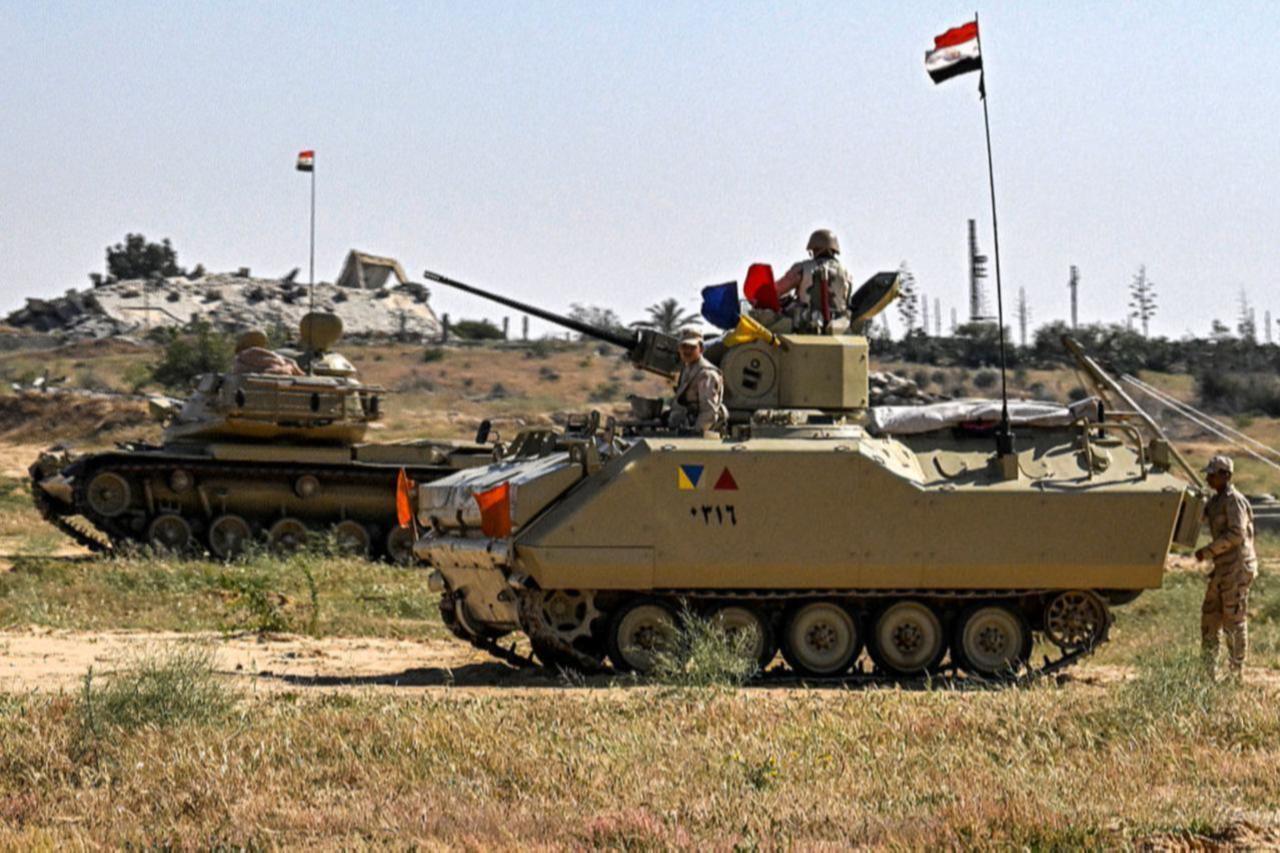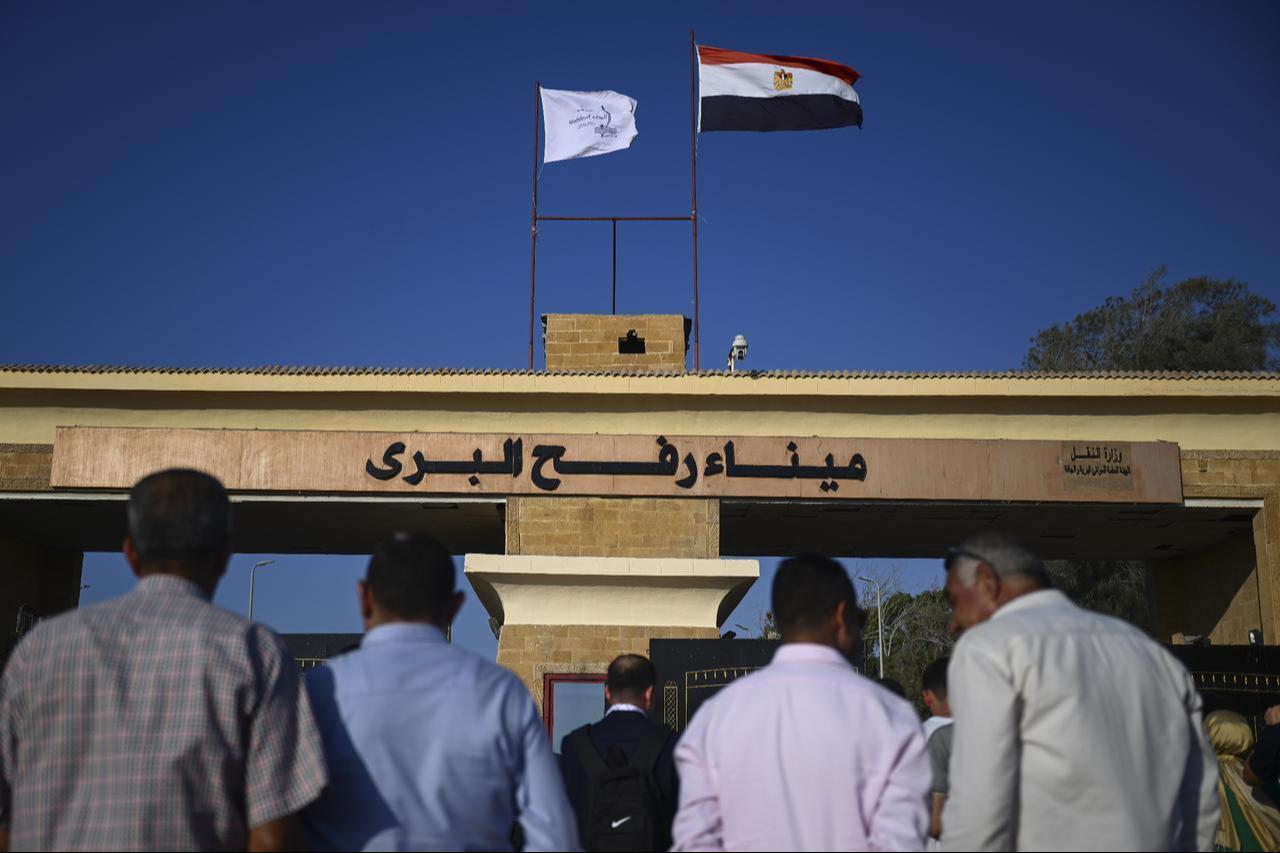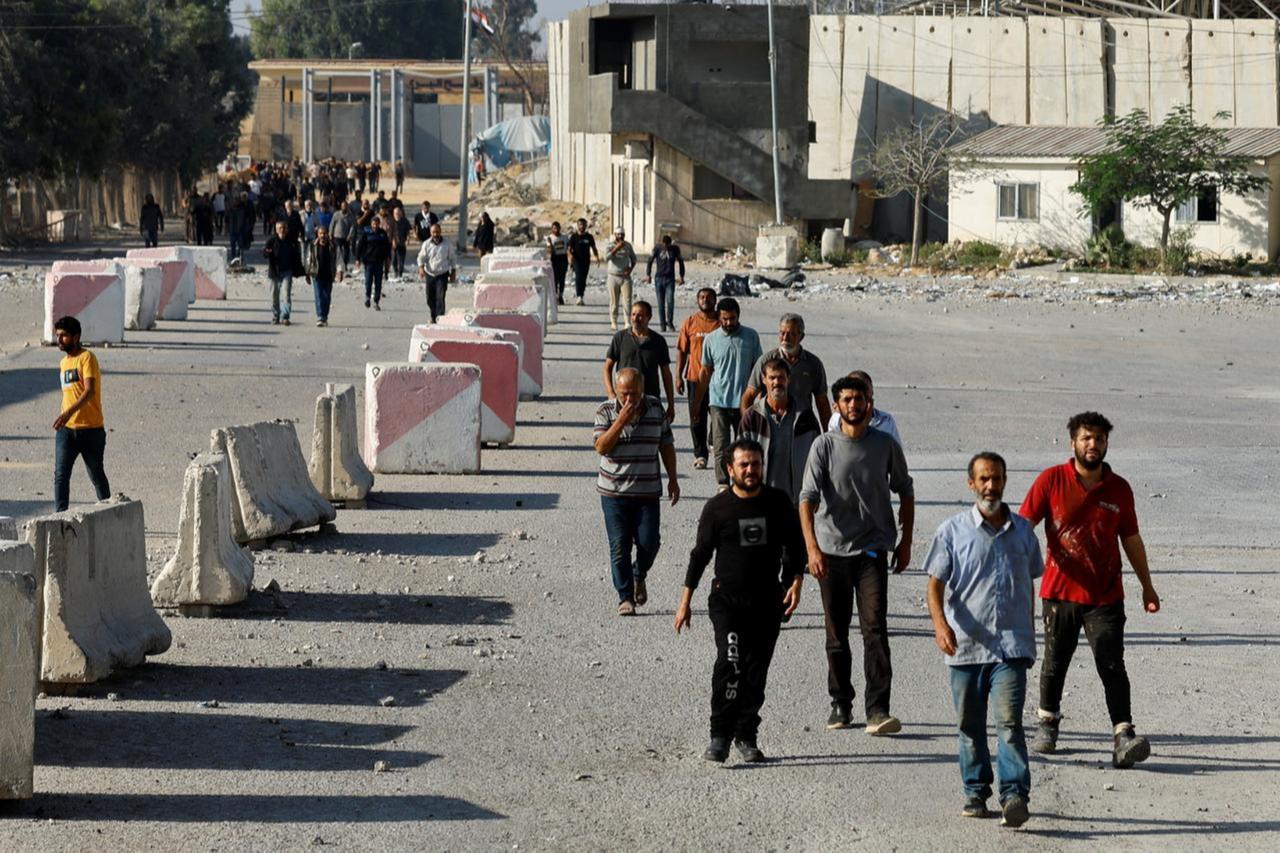
Israeli Prime Minister Netanyahu has ordered the Rafah border crossing between Gaza and Egypt to remain closed “until further notice,” despite its inclusion in the ceasefire and hostage exchange agreement, according to a statement from the Prime Minister’s Office.
The statement said the decision was linked to Hamas’ failure to return the bodies of Israeli hostages, claiming the crossing would be reopened once the group fulfills its obligations under the ceasefire deal.
“The crossing was to be opened as part of the ceasefire to allow the movement of Palestinians in both directions, not for the entry of aid,” the statement added.
The Rafah crossing, expected to reopen on Wednesday, remained shut, with Israel citing “logistical reasons.”

Israeli media reported that the United States is “unhappy” with Netanyahu’s recent decisions, including the continued closure of Rafah and delays in implementing parts of the ceasefire agreement.
Channel 12 quoted a senior U.S. official saying Washington plans to directly oversee the agreement’s implementation and that decisions regarding Gaza will soon be made “by the United States.”
The report added that the U.S. has finalized a mechanism to monitor the ceasefire’s enforcement under the supervision of U.S. Central Command (CENTCOM) chief Admiral Brad Cooper, who is expected to be stationed in the southern Israeli city of Ashkelon, near Gaza.
It also said U.S. President Trump’s Middle East envoy, Steve Witkoff, and his senior adviser and son-in-law, Jared Kushner, will visit Tel Aviv in the coming days to discuss the second phase of the deal, which includes a permanent ceasefire and Gaza’s reconstruction.
The U.S. has also reportedly pressured Israel to allow Turkish and Egyptian teams into Gaza to assist in recovering the bodies of Israeli captives as part of ongoing regional mediation efforts.

In response, Hamas said Netanyahu’s decision to keep Rafah closed constitutes a “clear violation” of the ceasefire agreement.
The group said the ongoing closure prevents the evacuation of the wounded and sick, delays rescue operations under the rubble, and blocks the entry of specialized teams needed to recover and identify bodies, including those of Israeli captives.
Hamas claimed Israel has committed 47 violations since the ceasefire began, killing 38 people and wounding 143, and accused Netanyahu of fabricating excuses “to evade commitments and sabotage the agreement.”
The statement urged mediators and guarantors to pressure Israel to reopen the crossing and comply with all provisions of the truce, accusing Tel Aviv of maintaining its blockade over more than 2 million Palestinians in Gaza.